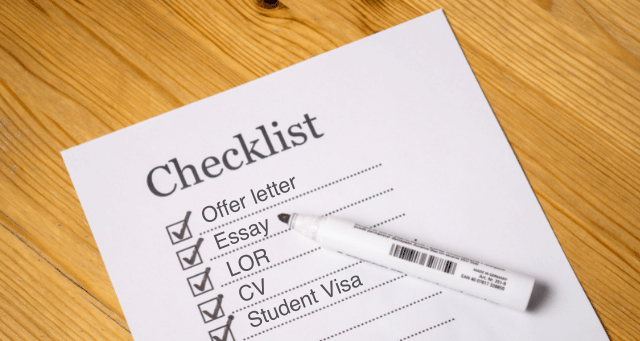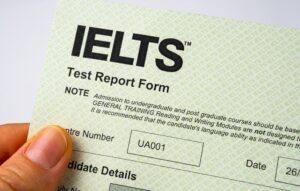- Better quality of life
Many study abroad destinations are chosen by students due to their safety, diversity, and better quality of life compared to their home country. For example, Switzerland has a very low crime rate (0.59 per 100,000 population as of 2018), and Canada has three cities that are in the Top 50 of best student cities to live in. Work overseas and live stress-free? Count me in!
- Expand your network
One of the best rewards of an overseas education is that you get to meet new people. These people can be your professors, international friends and even colleagues who can be of great help when it comes to your career growth.
 Image source: Pexels
Image source: Pexels
- Pick up life skills
Besides brushing up on your language skills, you’re automatically picking up useful skills that will contribute to your career: communication, leadership, teamwork, and independence are great traits to develop when you’re studying abroad. Plus, international students are usually more confident in job interviews, which gives a good first impression!
Now that you’re convinced, check out these important documents that you must include when you apply to study abroad. Keep in mind that these requirements may vary depending on the institution and country you’re applying to, but you can use this as a generic guide to get you started.
Must-haves Before Applying For An Overseas Education
 Image source: Eduloco
Image source: Eduloco
1) Offer Letter / I20 Form (USA)
- Application form from the university.
- Language test scores, such as IETLS, GRE, TOEFL, SAT, or PTE.
- Transcripts and certificates (from high school to your latest education qualification).
2) Personal Statement / Essay
Also known as a Statement of Purpose, many universities use them to gauge your analytical abilities, interests, critical thinking skills, and aspirations. You should include your education and career goals, along with your purpose of choosing the particular program and university.
But don’t worry, we gotchu covered. Here’s a guide to help you write a personal statement that actually works!
3) Reference Letter / Letter of Recommendation (LOR)
This letter is written by someone else, usually your teacher or employer, to assess your qualities and capabilities. The university may call them to confirm certain facts, so make sure to include their contact details!
4) CV / Resume (if applicable)
5) Work Experience Documents (if applicable)
6) Visa Application Documents
- Passport
- Receipt of payment
- Passport-sized photos
- Score reports (IELTS/TOEFL/GMAT/GRE)
- Sponsor letter (if applicable)
- Family registration form (if applicable)
- Scholarship letter (if applicable)
The visa requirements and details vary for each country. We’ve also prepared a step-by-step guide to apply for Student Visas for these countries:
7) Documents needed on arrival
Once you get your Student Visa sorted, you’re pretty much set for an overseas education! Just remember to bring these when you travel to your study abroad destination.
- Passport
- Health insurance card
- International vaccination and immunization records
- Driver’s license (if applicable)
Choosing a destination to study abroad can be fun, but don’t get carried away – you might make careless mistakes, like missing out certain documents. Yikes!
So, why don’t you have a peace of mind by letting us do the ‘hard labor’ for you? 😉
Eduloco, Your Trusted Study Abroad Agency
Eduloco consultants are education experts who are equipped with all the information you need for an overseas education. From student visa applications to your enrolment, we make sure you get to study abroad smoothly. You’ll also get scholarships when you apply through us.
We offer 1-on-1 personalized consultations before recommending universities and programs that are best suited for you – budget, location, safety, migration opportunities, career prospects – we hear you.
And the best part – it’s FREE!
Contact us at [email protected] or +60 11-2069 9087 to speak to our consultants today.
Enjoyed the article? More good stuff right here!



 Image source: Pexels
Image source: Pexels Image source: Pexels
Image source: Pexels
 Image source:
Image source:  Image source:
Image source: 










